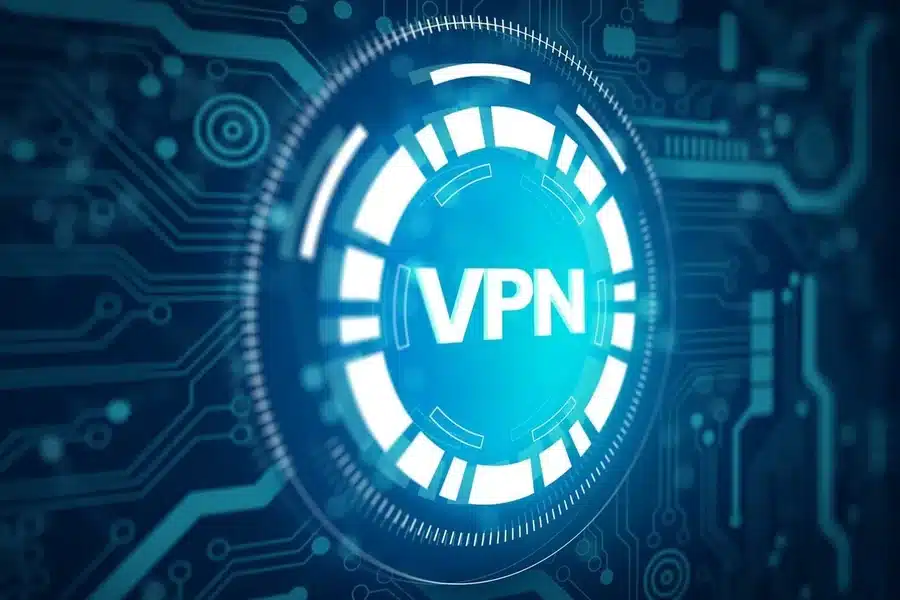The internet has become the universal playground for modern comedy. From sharp one-liners to absurdist memes to precisely timed GIFs to cringe-fueled viral videos, the digital world never runs out of new ways to make us laugh out loud. Online culture is dominated by sarcastic memes, wordplay, and pun jokes. They shape how we talk, comment on life, and show who we are. But what many humor-lovers don’t realize is just how vital VPNs are in helping keep the laughs coming.
A Free VPN like VPNLY plays a subtle yet powerful role in how users access and share internet humor across the globe. You’re not alone if you’ve ever clicked on a meme only to discover it’s prohibited in your country or inaccessible because of license limitations. A VPN allows people to alter their internet path via servers located all around. This helps them get past digital barriers quickly. It’s like having a comedy passport—giving you access to jokes, skits, and videos that might not be available locally. This is especially handy for mobile users, as there are convenient VPN apps available for both Android and iOS, allowing meme hunters to scroll freely from anywhere.
Humor needs freedom to play and break rules. That’s why platforms for puns, parodies, and memes often get flagged or limited by automatic filters. In regions where digital censorship is stricter, users might find certain types of humor are silently suppressed. With a VPN, those barriers become irrelevant. Whether you’re looking for pun-laced content that leans political or just absurdist humor that toes the line, a VPN lets you laugh without limits.
For creators, the benefits are even more layered. Memes often walk the line between parody and commentary, which can trigger content moderation systems that are quick to ban or shadow-ban accounts. If you’ve ever clicked on a meme only to find it’s banned in your country or unreachable due to licensing restrictions, you’re not alone. A VPN lets users change their internet route via servers spread all across.
Then there’s the community aspect. The best internet humor often comes out of niche subcultures and smaller forums where anonymity is part of the fun. Users share content, develop inside jokes, and remix memes in ways that wouldn’t be possible in fully public, regulated spaces. VPNs protect privacy and free expression. They let people join these funny communities without worrying about surveillance or tracking.
Beyond censorship and privacy, there’s a timing advantage, too. With laughter changing by the hour, many jokes and memes are quite time-sensitive. Real-time discussions, such as responses to breaking news, popular hashtags, or unexpected pop culture occurrences, provide some of the most humorous material. A VPN lets you participate in these digital exchanges as they take place in different nations or time zones, so getting in on the joke before it turns yesterday’s news.
Even the act of researching or browsing humor content can be impacted by geo-location. Some search results or social content recommendations vary depending on where your IP address is registered. VPN allow you to expand that reach, discovering new meme creators, humor trends, and pun formats that might never hit your radar otherwise. From British dry humor to Eastern European surrealism, this variety of digital comedy enriches what we find funny.
While you are appreciating a smart pun or amusing meme, VPNs might not be the first thing that springs to mind, but they are actually working behind the scenes to maintain the open, accessible, and humorous internet. For fans of internet comedy and the pun-obsessed alike, they are more important than ever.


